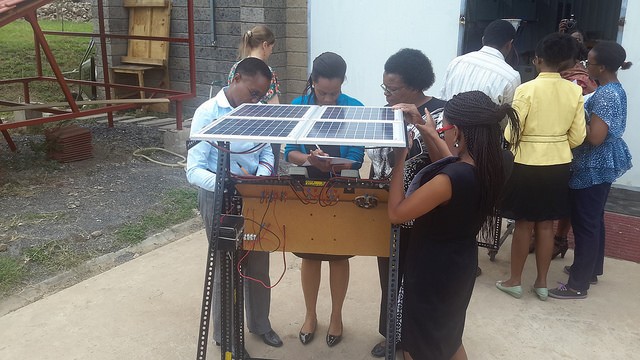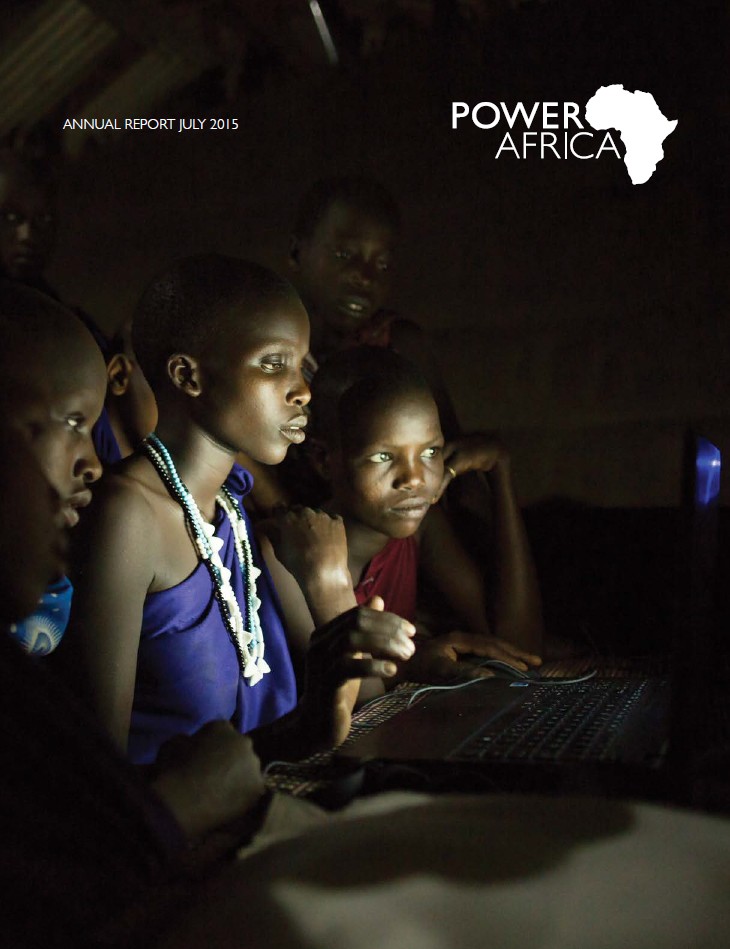- Where We Work
- Interactive Map
- Afghanistan and Pakistan
- Africa
- African Union
- Power Africa
- Trade and Investment Engagement
- Angola
- Benin
- Botswana
- Burkina Faso
- Burundi
- Cameroon
- Central Africa Regional
- Central African Republic
- Chad
- Côte d'Ivoire
- Democratic Republic of the Congo
- Djibouti
- East Africa Regional
- Ethiopia
- Ghana
- Guinea
- Kenya
- Lesotho
- Liberia
- Madagascar
- Malawi
- Mali
- Mauritania
- Mozambique
- Namibia
- Niger
- Nigeria
- Republic of the Congo
- Rwanda
- Sahel Regional
- Senegal
- Sierra Leone
- Somalia
- South Africa
- South Sudan
- Southern Africa Regional
- Sudan
- Swaziland
- Tanzania
- Uganda
- West Africa Regional
- Zambia
- Zimbabwe
- Asia
- Europe and Eurasia
- Latin America and the Caribbean
- Middle East
- Mission Directory

Advancing the full participation of women and girls in the political, economic, and social realms of their countries is a key goal of U.S. foreign policy. As such, promoting gender equality and female empowerment is a critical component of Power Africa. Power Africa seeks to support projects, programs and policies that intentionally strive to reduce gender inequalities and promote effective engagement of both men and women in sub-Saharan Africa.
Limitation to a Gender Neutral Approach
Energy projects, programs and policies have tended to advance “gender neutral” approaches, assuming that their benefits trickle down and are enjoyed by all equally. These fail to recognize the potential obstacles to participation for women and poorer segments of society, and likewise fail to capitalize on the opportunities and benefits associated with gender integration. Programs and policies that explicitly recognize gender imbalances and intentionally strive to reduce inequities and foster effective engagement of all result in better outcomes, both in terms of the sustainability of the energy sector and human development opportunities.
The Gender Integrated Approach
The discourse around gender and energy often focuses on women as underserved end-users. This includes a strong focus on women’s domestic energy needs and the burdens they face associated with energy poverty. Power Africa strives to look beyond this vision, seeing women as vital actors within the energy sector at large. Its approach to gender integration involves both meeting the energy needs of the underserved, while creating opportunities for women throughout the energy value chain.
It is Power Africa’s expectation that women be represented as policy makers within national and regional governments, as executives of private sector partners, as managers within power sector utilities, as employees of generation plants and transmission and distribution systems, as entrepreneurism within nascent renewable energy enterprises, and finally as customers of electricity services. By taking a sector-wide approach to gender integration, Power Africa aims to create a more responsive and sustainable sector.
Creating Access and Opportunities for Women
Power Africa is based on a new model of development, working directly with the private sector partners engaged in the power sector. This private sector engagement is complemented by Power Africa’s support to governments; helping them make critical policy and regulatory reforms, and strengthening national capacities to manage a sustainable energy sector. Power Africa is uniquely placed to work with both private sector and government entities to ensure that their investments and policies both meet the needs of women and capitalize on their potential contribution to the sector.
Click on the links below to see how some of our US agency partners are working to ensure that the energy sector is responsive to women's needs:
To learn more about the gender and energy nexus, please explore the following resources:
- ENERGIA
- ESMAP Gender, Social Inclusion in the Energy Sector Publications
- IUCN Global Gender Office Knowledge Center
- Practical Action
Join Power Africa's Women in African Power Network
Power Africa’s Women in African Power (WiAP) network provides a platform for women in the African energy sector to network, share opportunities and highlight their accomplishments. You can now connect with Women in African Power (WiAP) on Twitter and Facebook! Follow these platforms to connect with WiAP members or to share updates relevant to the WiAP community.
If you’re interested in working with the network, or would like to recommend new members, please reach out to Denise Mortimer at dmortimer@usaid.gov








Comment
Make a general inquiry or suggest an improvement.